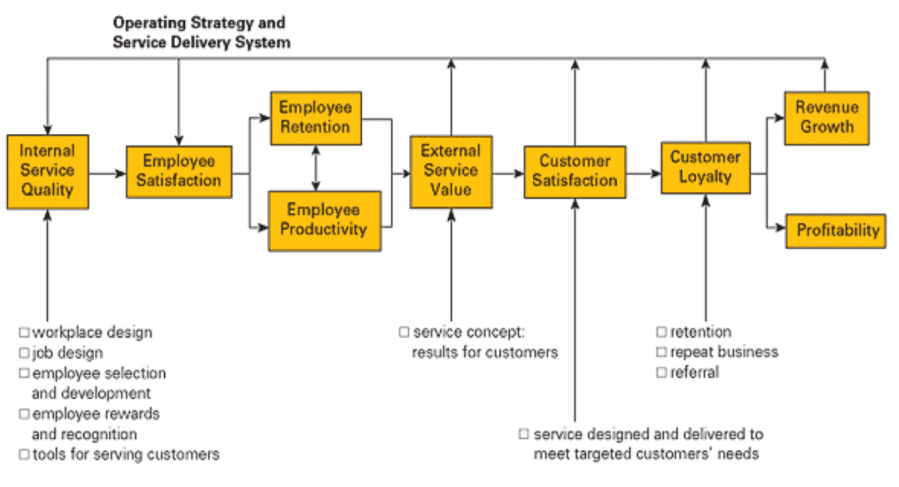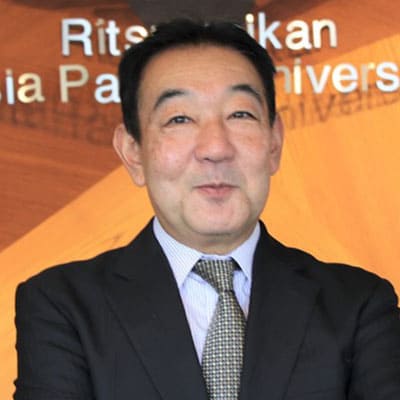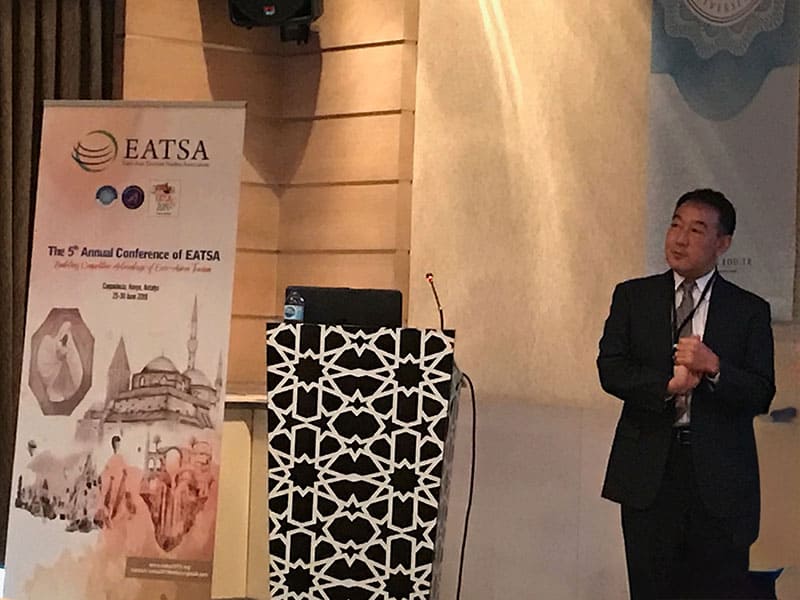Changing the Future of Hotel Management with Research on Organizational Culture
Categories:
Overview
Developing a concrete methodology for “Treating Employees as Customers”; Realizing the sustainable growth of hotel organization with three types of support
In the hotel industry, a significant part of service quality depends on employees. Despite the fact that securing and cultivating excellent talent is an important management issue, solutions to this issue have not been adequately demonstrated, especially in the Japanese hotel industry.
Internal marketing (i.e., marketing to internal organizations to increase employee satisfaction) and its core concept of "Treating Employees as Customers" has long been known as a method for achieving organizational revitalization and service quality improvement. However, in the Japanese hotel industry, this is often regarded as an unachievable ideal, and there has been little research and inquiry into whether there are actual examples of successful cases and how this can be realized.
In this research, I am undertaking an empirical study of internal organizational revitalization in hotel management, using an original approach based on the pillar of "Treating Employees as Customers".
To date, I have conducted research at hotels such as Hoshino Resorts, a hotel organization known for its sustained growth, and found that (i) the concept of "Treating Employees as Customers" has actually taken root in their organizational culture and (ii) they, as a specific measure, provide employees with "three types of support" from the mental aspect: 1. mental support (counseling), 2. career support (career counseling), and 3. support through dialogue. Going forward, I plan to conduct empirical research on hotels in Japan and overseas to see if these characteristics are also present in other hotels with sustained growth.
I would like to conduct research for better hotel management from a heretofore untapped perspective and propose a practical methodology for change, not just a theory.

Reference: Hashimoto, S. (2021). Representation Form of “Treating Employees as Customers” in the Hospitality Organization:
The Case of Hoshino Resorts. Journal of Tourism and Hospitality Management, 9(2), 118-134.
In this research, I found that hotel organizations that sustain growth provide employees with "three types of mental support" as specific ways to "Treating Employees as Customers.”
Novelty/Originality
Examining organizational revitalization in the hotel industry through the lenses of employee psychology and organizational culture development
This research has unique characteristics that distinguish it from conventional research on hotel management and organizational revitalization. While many previous studies have focused on institutional and system reforms, this study focuses on the psychology of employees, from the standpoint of fostering organizational culture. Therefore, I take an interdisciplinary approach, integrating knowledge from the field of psychology in addition to tourism and business administration.
Another feature of this research is that I have adopted a qualitative research method and am working to build a theory while carefully collecting input from the front lines. In particular, my analysis using the Modified Grounded Theory Approach (Modified GTA) has produced research findings rich in practical implications.
In my research to date, I have identified that, in hotels that sustain growth, the concept of “treating employees like customers” translates to actual support for employees, and I have found that, specifically, these hotels practice "Treating Employees as Customers." This is the pioneering achievement of this study.
As the principal Investigator, my own background and knowledge also add to the originality of this research; namely, I have practical experience in the hotel industry and a deep understanding of the challenges facing people on the front lines. In addition, I majored in hotel management at a graduate school in the United Kingdom, I have been involved in international conferences (e.g., Euro-Asia Tourism Studies Association [EATSA]), and I have hosted an international conference called SEAMA: Islands Tourism & Hospitality Management. Because of this, it is easy for me to network with researchers overseas and obtain academic knowledge. Furthermore, having also worked in support roles as both a counselor and career counselor, I have developed practical perspectives and ideas about human resources support. The fact that I am undertaking research activities in the context of these factors ensures a high level of novelty and originality.

Service-profit chain (Source: Heskett et al., 1994, p. 166).
Service profit chain (Source: Heskett et al, 2005)
“Treating Employees as Customers” is not just a unrealistic thought. Heskett et al. (1997, 2005) found that, based on the service profit chain, employee satisfaction does in fact generate customer satisfaction and lead to profit, suggesting the importance of "Treating Employees as Customers" in order to increase employee satisfaction.
Related Research
Activating Organization by the Concept of Person Centered Approach: The Case of Hotel Organization in Japan.
Journal of Global Tourism Research
(This study points out that mental health support is essential for hotel employees and that introducing the concept of counseling is effective.)
Representation Form of “Treating Employees as Customers” in the Hospitality Organization: The Case of Hoshino Resorts.
Journal of Tourism and Hospitality Management,
(From the analysis and discussion of the interviews conducted with employees, this study shows that the concept of "Treating Employees as Customers” and the three types of mental support (1. mental support, 2. career support, and 3. support through dialogue) are evident in Hoshino Resorts.)
Empirical research for the concept of "Treating Employees as Customers"
Principal Investigator

Ritsumeikan Asia Pacific University
You can view and print a summary of this page's contents in a single PDF page here.







“Treating Employees as Customers” is not an issue of programs and systems; it is a matter of the culture that is not visible to the naked eye. In the research of corporate and organizational culture in Japan, quotes from famous charismatic founders are often studied, and people like to talk about how the corporate cultures left behind by these founders continue to resonate today. However, not many people pay attention to organizational culture in the hotel industry. Although cultivating an organizational culture is the most powerful management strategy in an industry as dependent on people as the hotel industry, it seems that many people fail to understand its importance.
As someone who has worked in hotels and researched hotel management for many years, I find it very regrettable that the status of the hotel industry and its employees in Japan is so low compared to other countries. I hope that this research will help the hotel industry and its employees grow and improve their status.
Ritsumeikan Asia Pacific University Faculty Information
researchmap